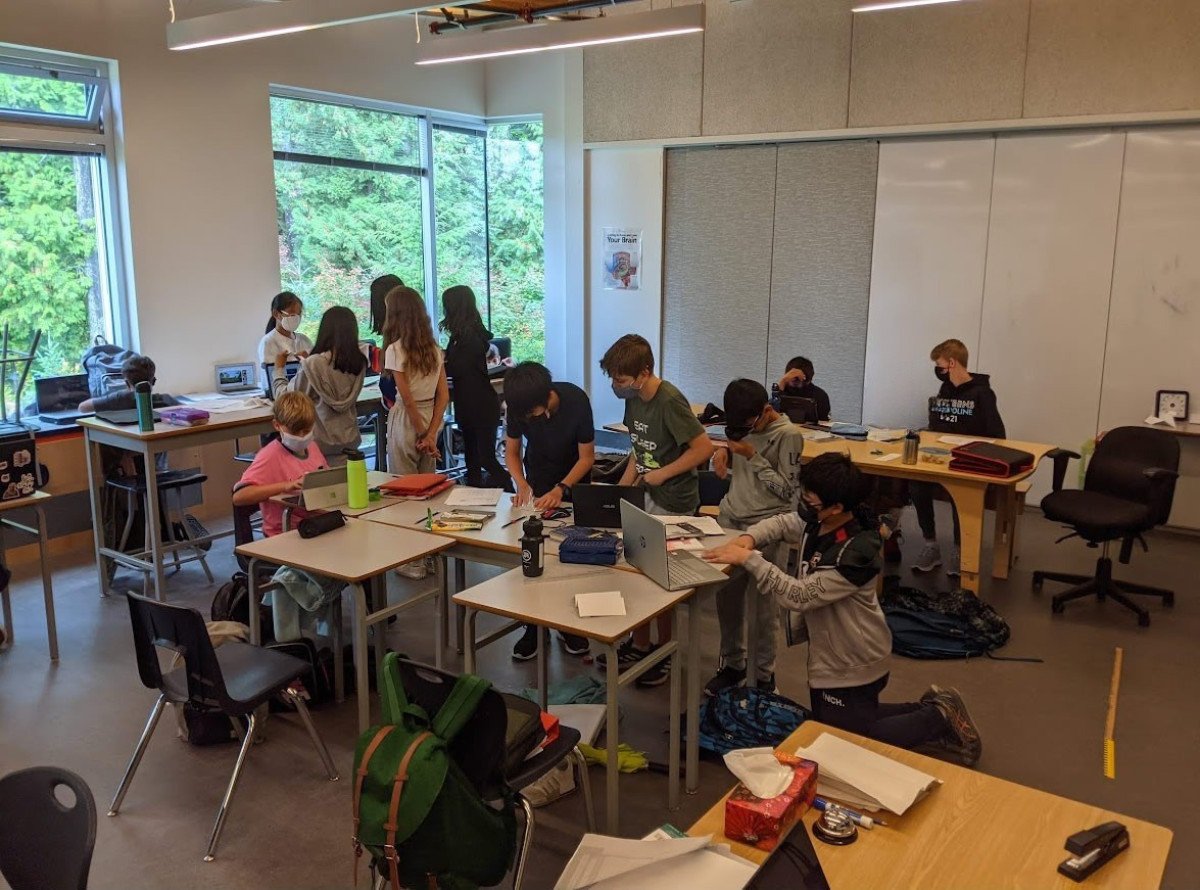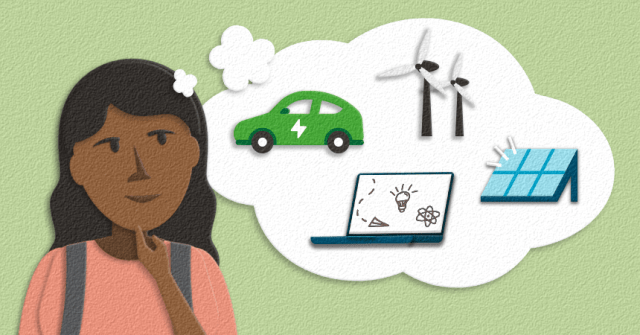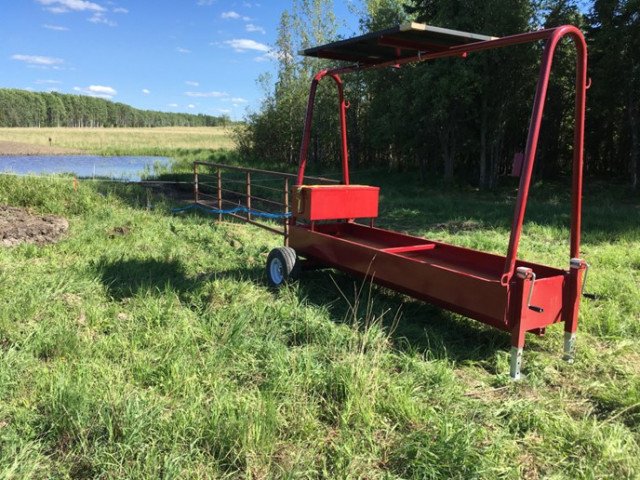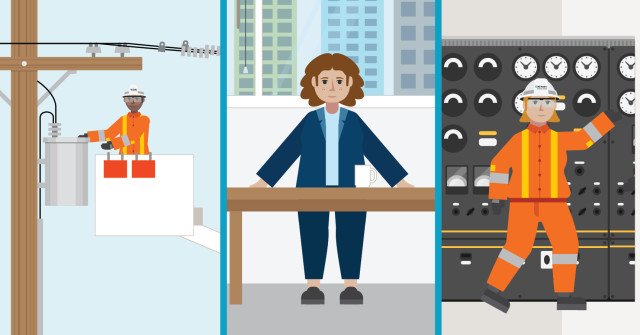Currently, Canadian households are experiencing soaring high prices of food, housing, transportation, and other daily necessities. Inflation continues to affect the country, and many Canadian households have been forced to revise their budget and manage their spending habits.
At Eagle Mountain Middle School, Raphael Fernandez has been teaching his students financial literacy through a system called “My Classroom Economy” for the past 5 years. Last school year, he completed this activity with his grade 6 and 7 students.
How does it work?
Throughout the school year, Raphael gets his students to do various activities and gives his students a chance to learn and talk about financial decision making, setting goals, and creating budgets.
Students are required to pay monthly rent for their desks, plus electricity bills. To make the payments, they must earn classroom “dollars” by holding down figurative jobs. His students applied for various roles such as:
- Bankers – in charge of salaries, bank logs, bonuses, and payments
- Loans manager – responsible for collecting utility bills, property tax and fines
- Custodians – ensures the cleaning of the classroom, hand sanitizing, keep the library and other things organized
- Artists – responsible for creative design, decorating the classroom and painting windows
- IT support/ tech supervisors – students bring their own devices, they’re responsible for troubleshooting and handling technical problems
- Police officers – regulates the classroom, issues penalties, and keeps everyone in line
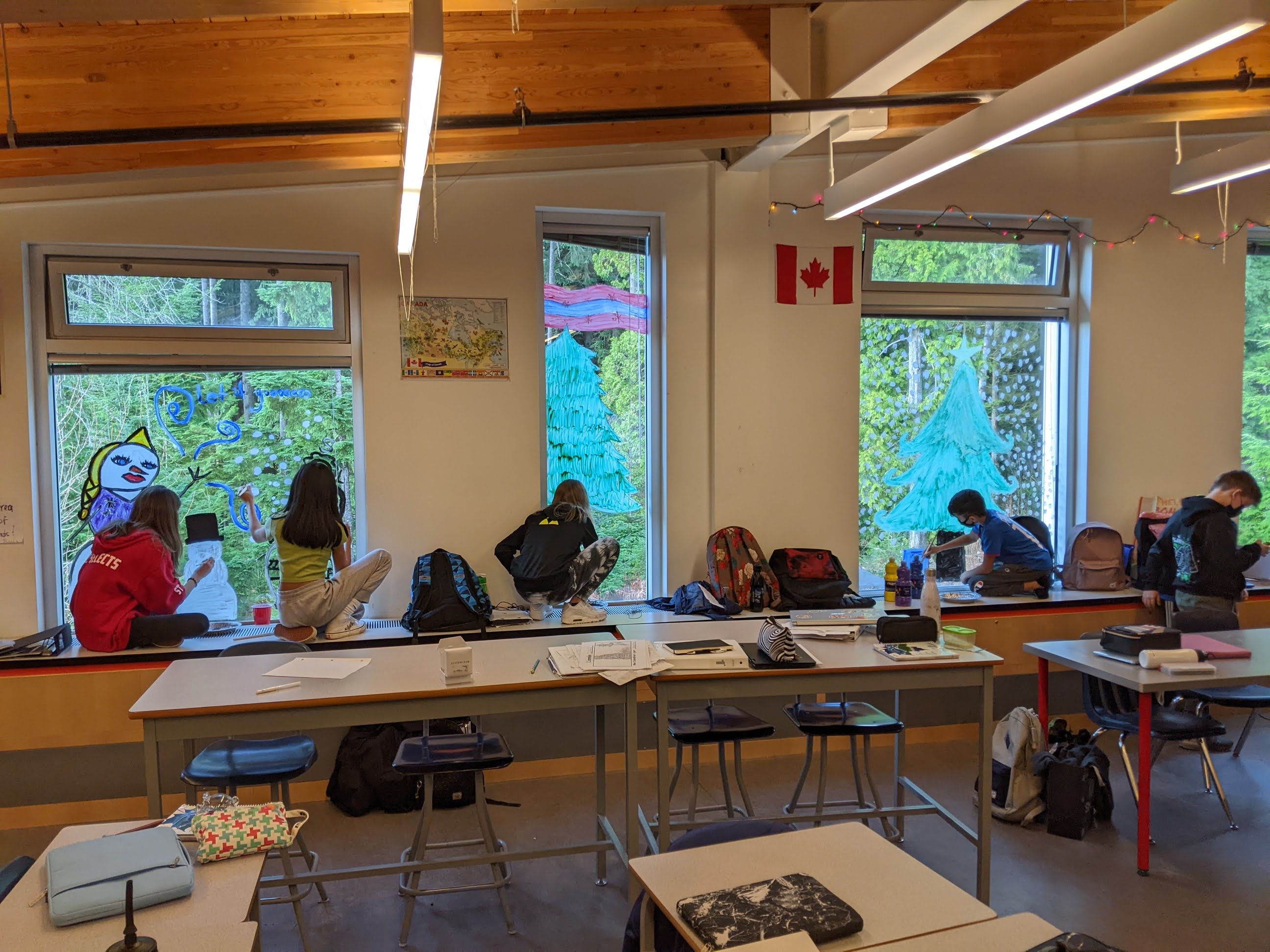 Artists decorated the classroom on special occasions - Halloween, Christmas/ Hanukkah, Lunar New Year and Valentine's day.
Artists decorated the classroom on special occasions - Halloween, Christmas/ Hanukkah, Lunar New Year and Valentine's day.
After students are assigned jobs, they undergo training and learn about obtaining bonuses to supplement their income. They also get extra cash for good schoolwork, doing extracurricular activities and creating music or artwork. However, they are also susceptible to fines for any unwelcome behaviour. To boost motivation, students who bank more than the amount of their monthly payments can also bid on classroom auctions. Additionally, students can buy out their desks and stop paying rent if they even saved more.
Benefits and take-aways from students
Raphael has shared that his students are learning financial management skills in a fun way. It gets his class thinking about real-life examples, getting jobs, and even considering side-jobs because of inflation.
“Fake money has so much power and gets so much excitement from students”, says Raphael. They’ve learned the value of earning a paycheck from their jobs, paying bills for utilities, how to save for a rainy day, and recouping money they’ve lost.
Challenging his students even further, they learned how to invest their incomes in the stock market using a virtual stock game, explored a few activities on what the stock market is, and how to research companies they would like to invest in based on risk-tolerance.
Overall, this activity has been meaningful and memorable for this grade 6 and 7 class at Eagle Mountain Middle School. With this experiential program, a few of his students shared that they now understand what their parents are doing to manage household budgets, and also recognize that their parents do so much for them.
Educational resources
For curriculum- aligned activities that inspire real-world learning, explore how we consume electricity and power smart tips to save energy at home and in school from these resources:
Making light choices Grade 1
Students learn the difference between natural and artificial light.
Energy saving slogans Grade 3
Students explore how to save energy when using appliances, and create magnets with conservation messages.
Power smart with electronics Grade 4 – 7
Students play a game to discover the best energy-efficient behaviours for electronics.
School energy investigation Grade 7
Students investigate energy use at school and come up with ways to reduce electricity use and combat climate change
Measuring electricity use Grade 9
Students calculate the electricity used in a typical household and learn about watts, kilowatts and kilowatt-hours.
Analyze your energy consumption Grade 9
Use mathematical thinking to determine if 500 kWh of electricity could power a home for a year.
Energy conservation ideas and actions Grade 10 – 12
Students explore how they can reduce their impact on climate change by using less energy.
